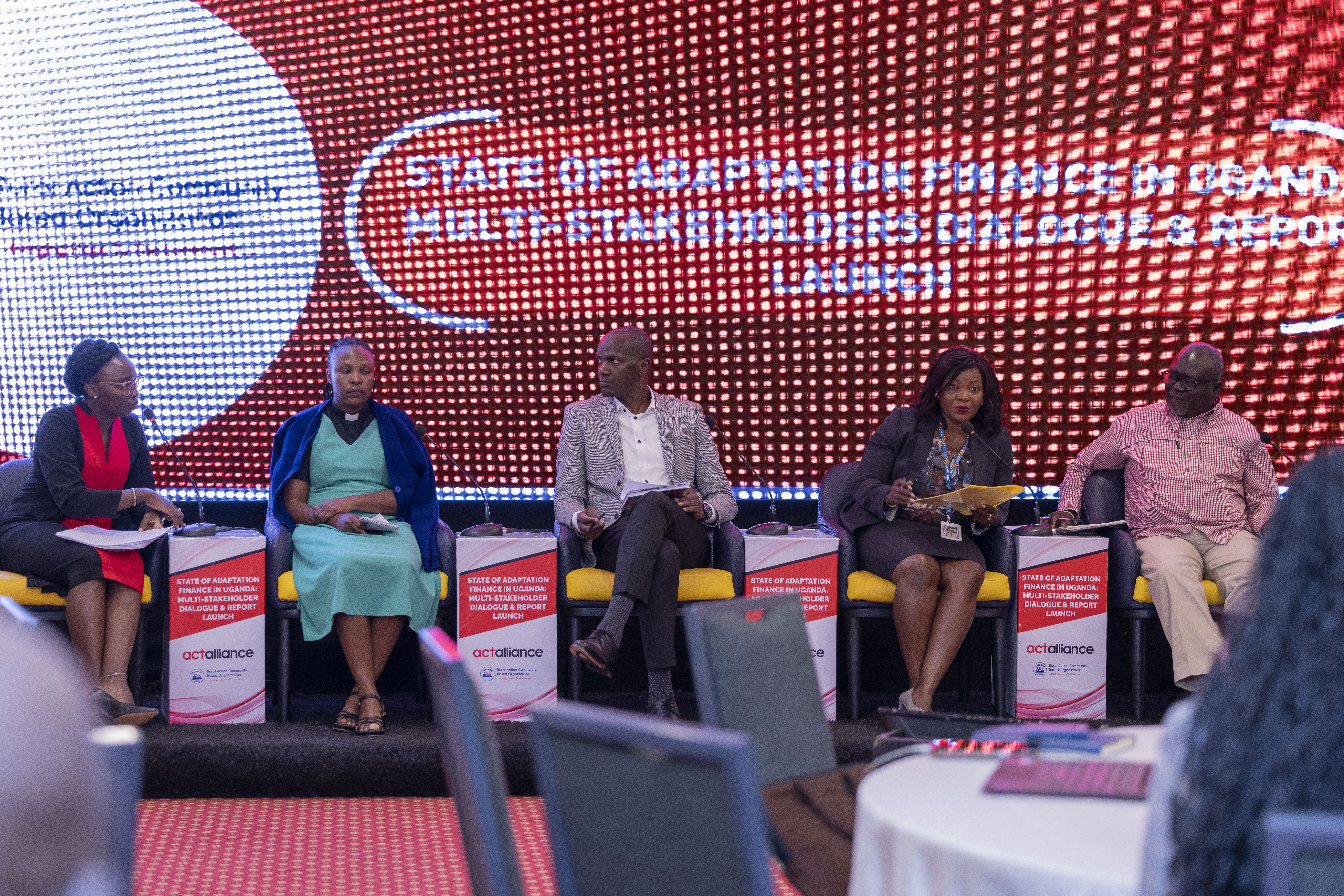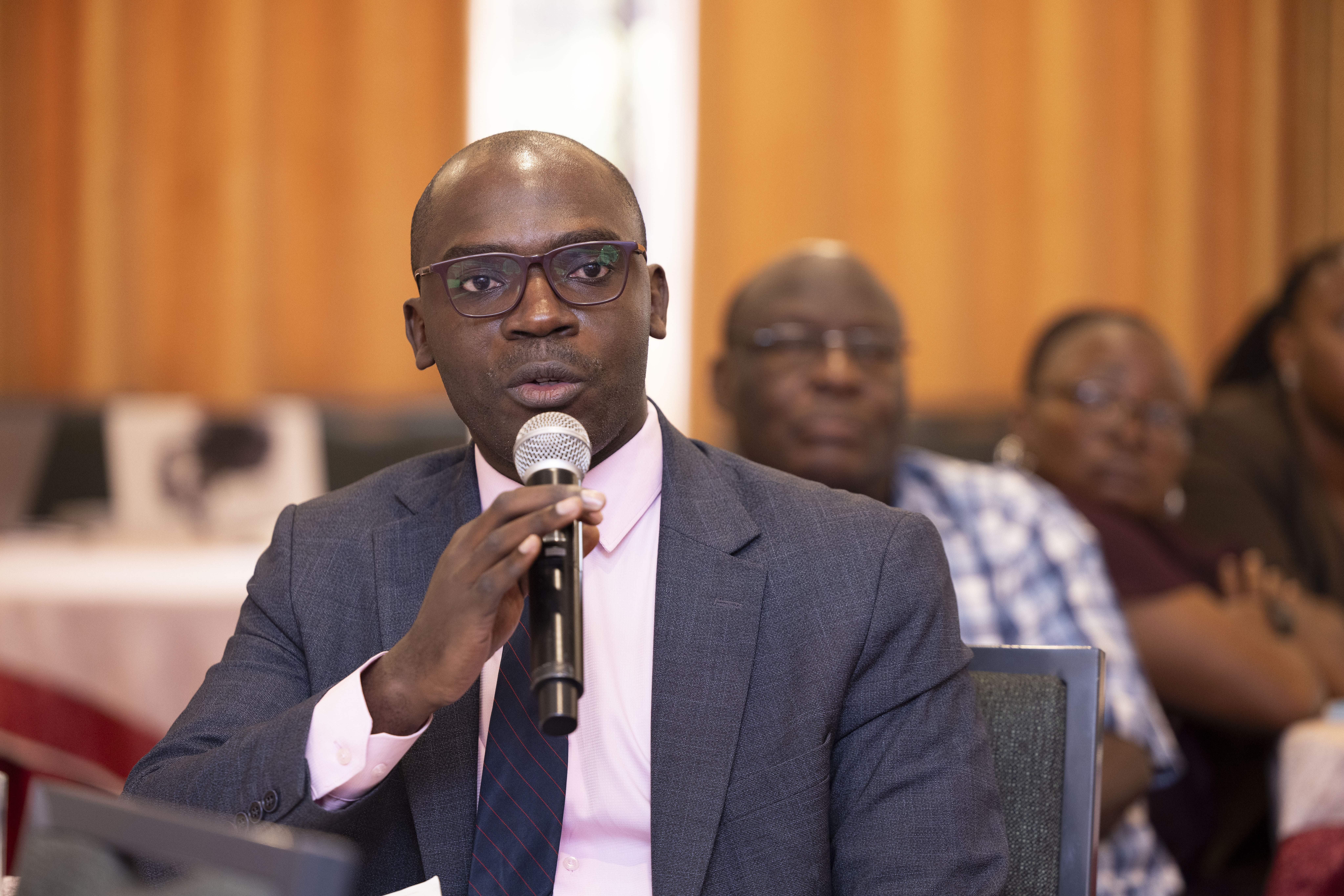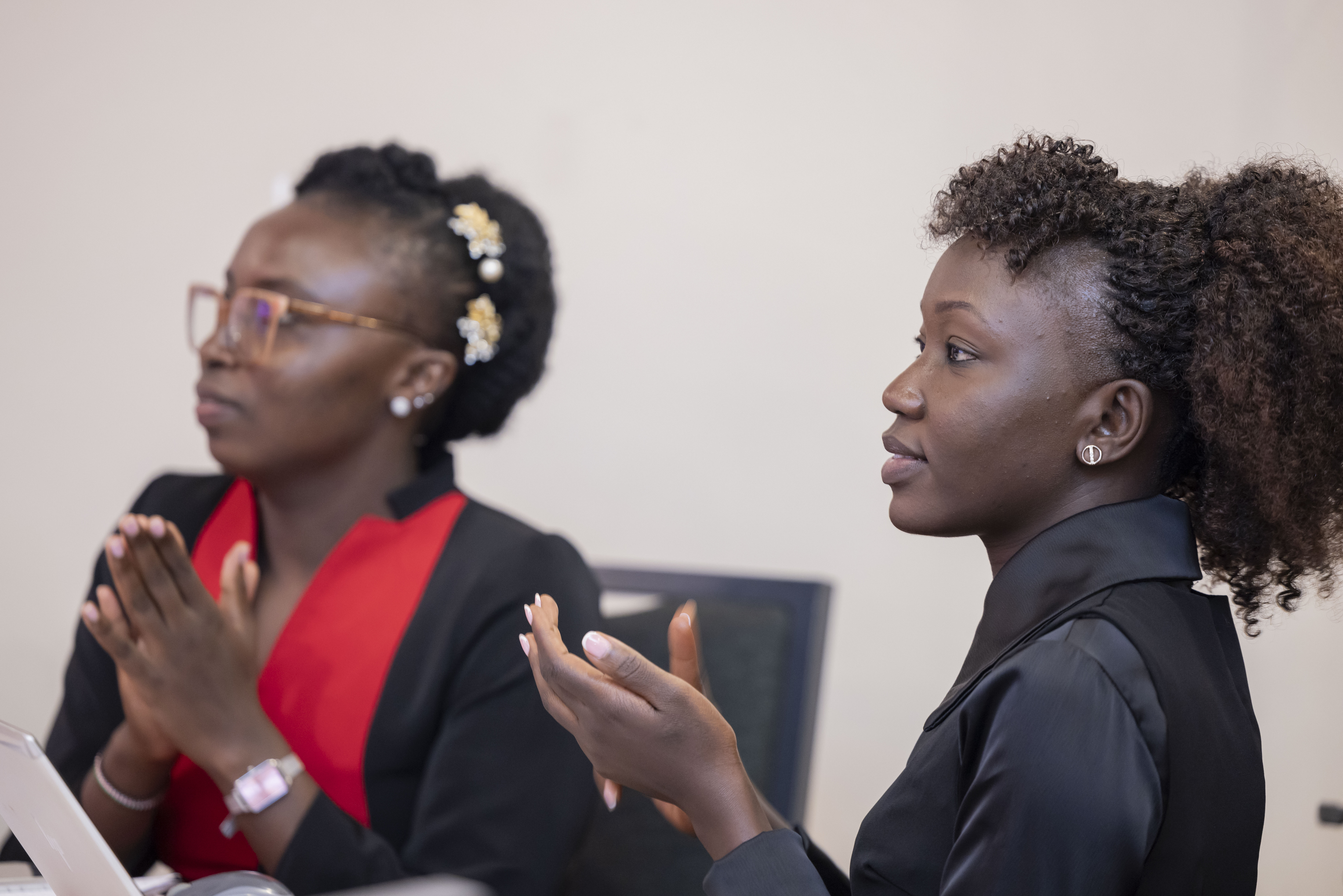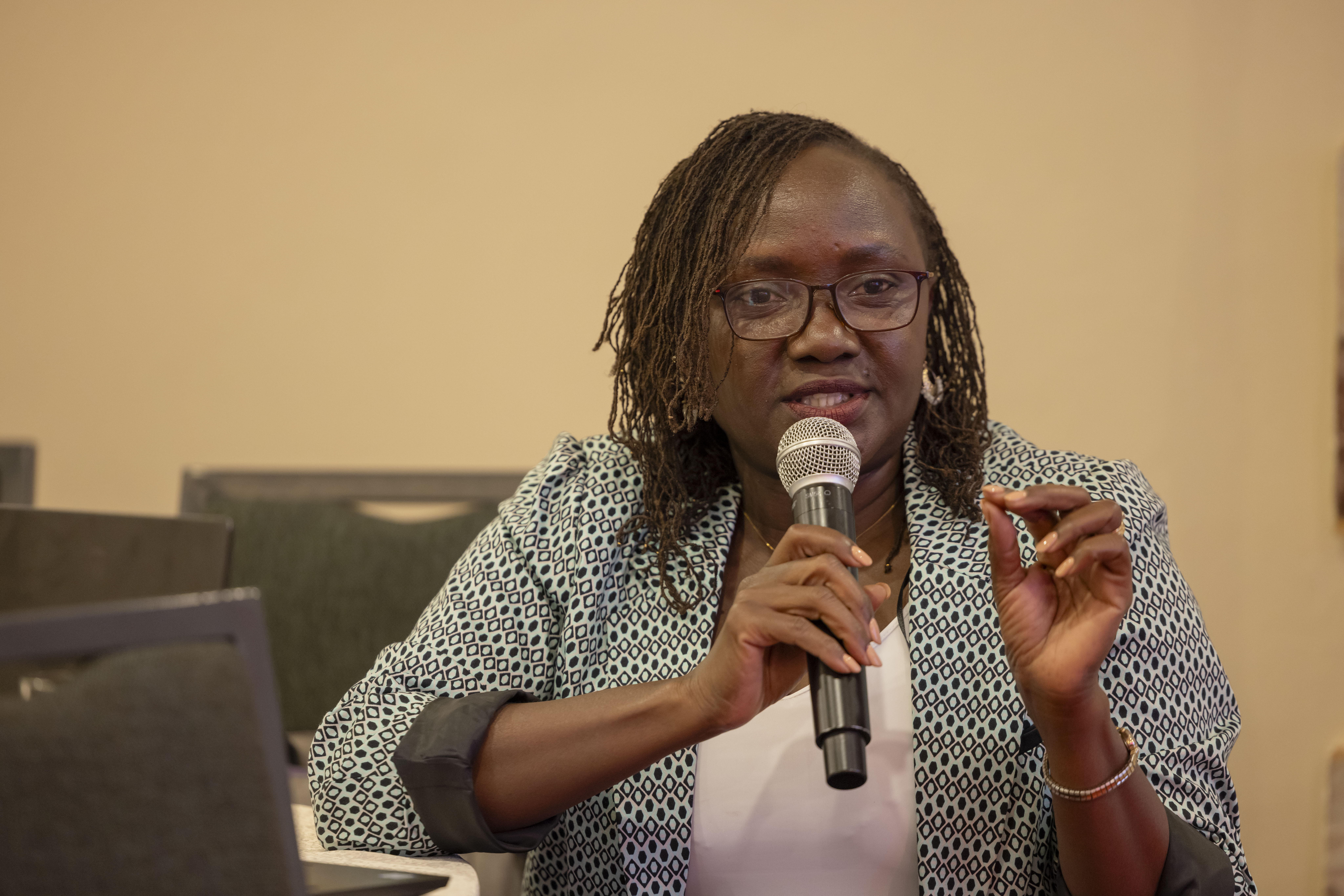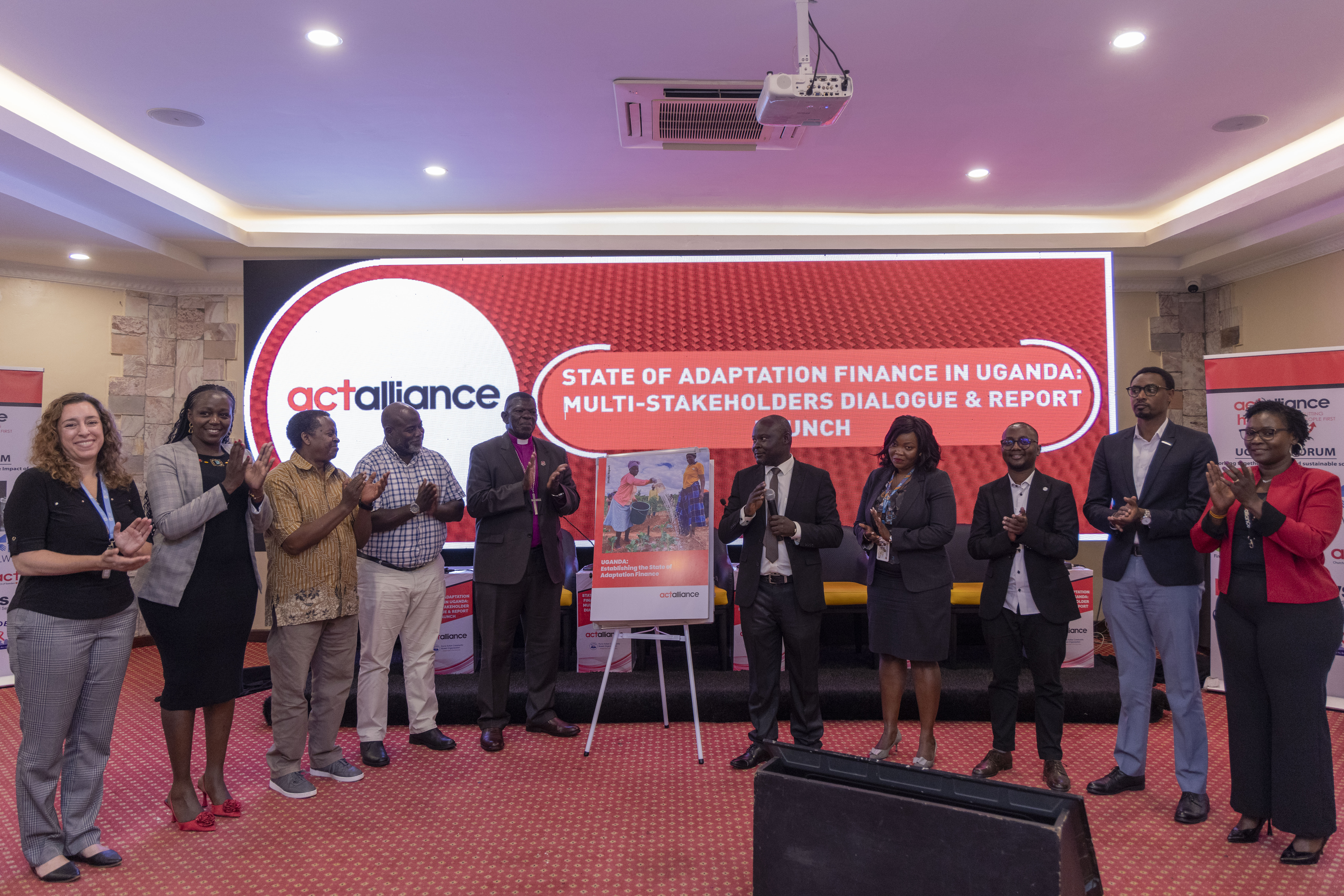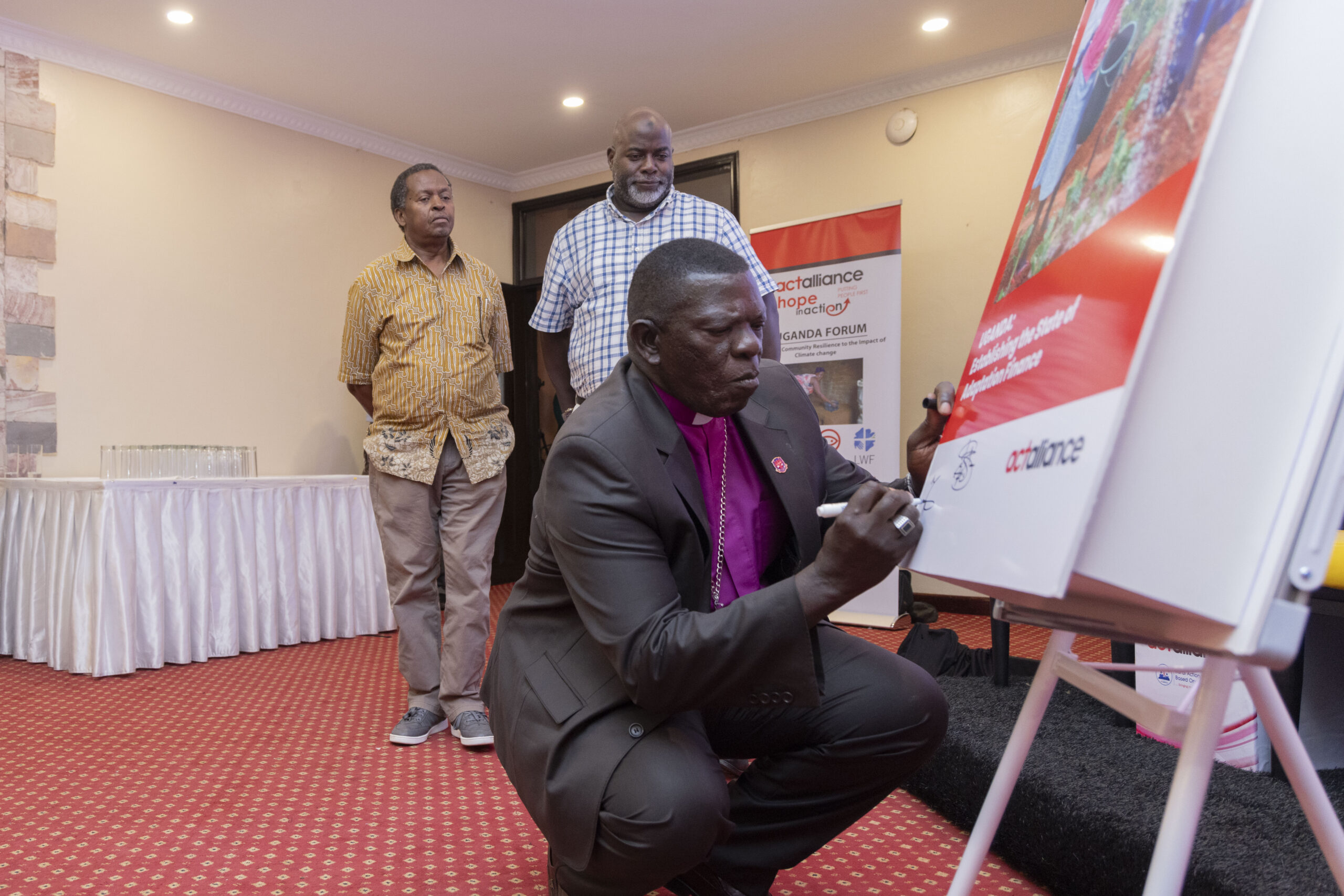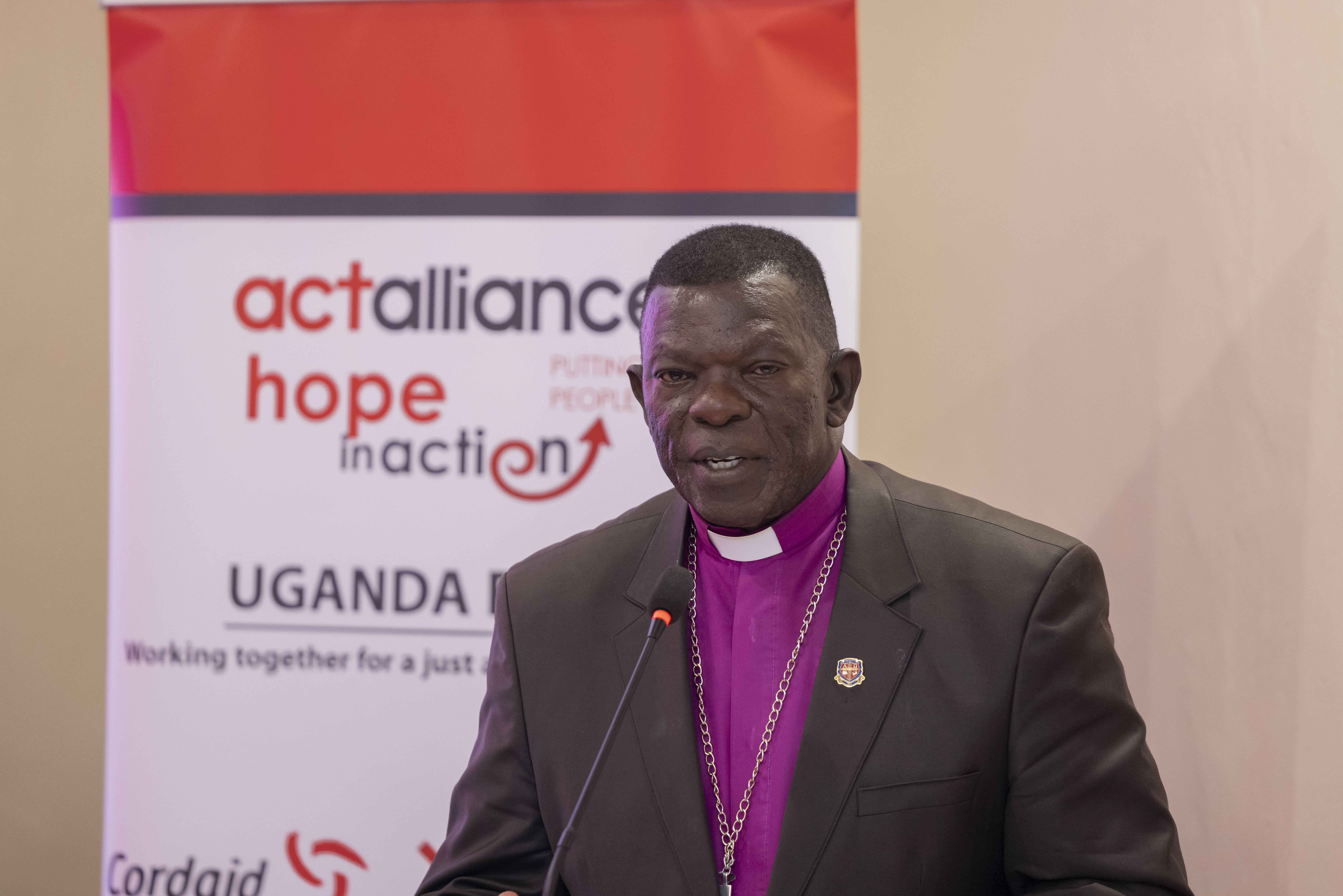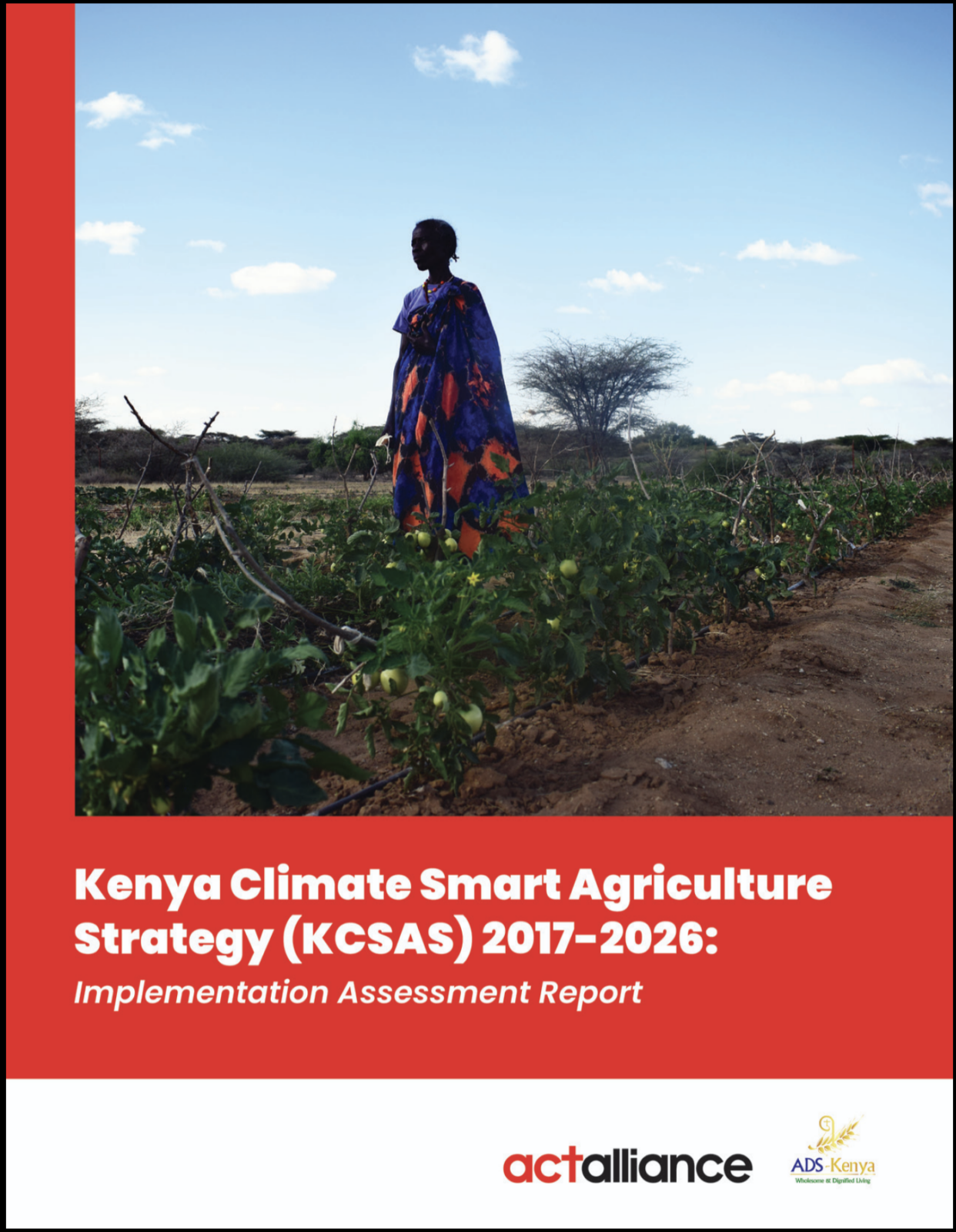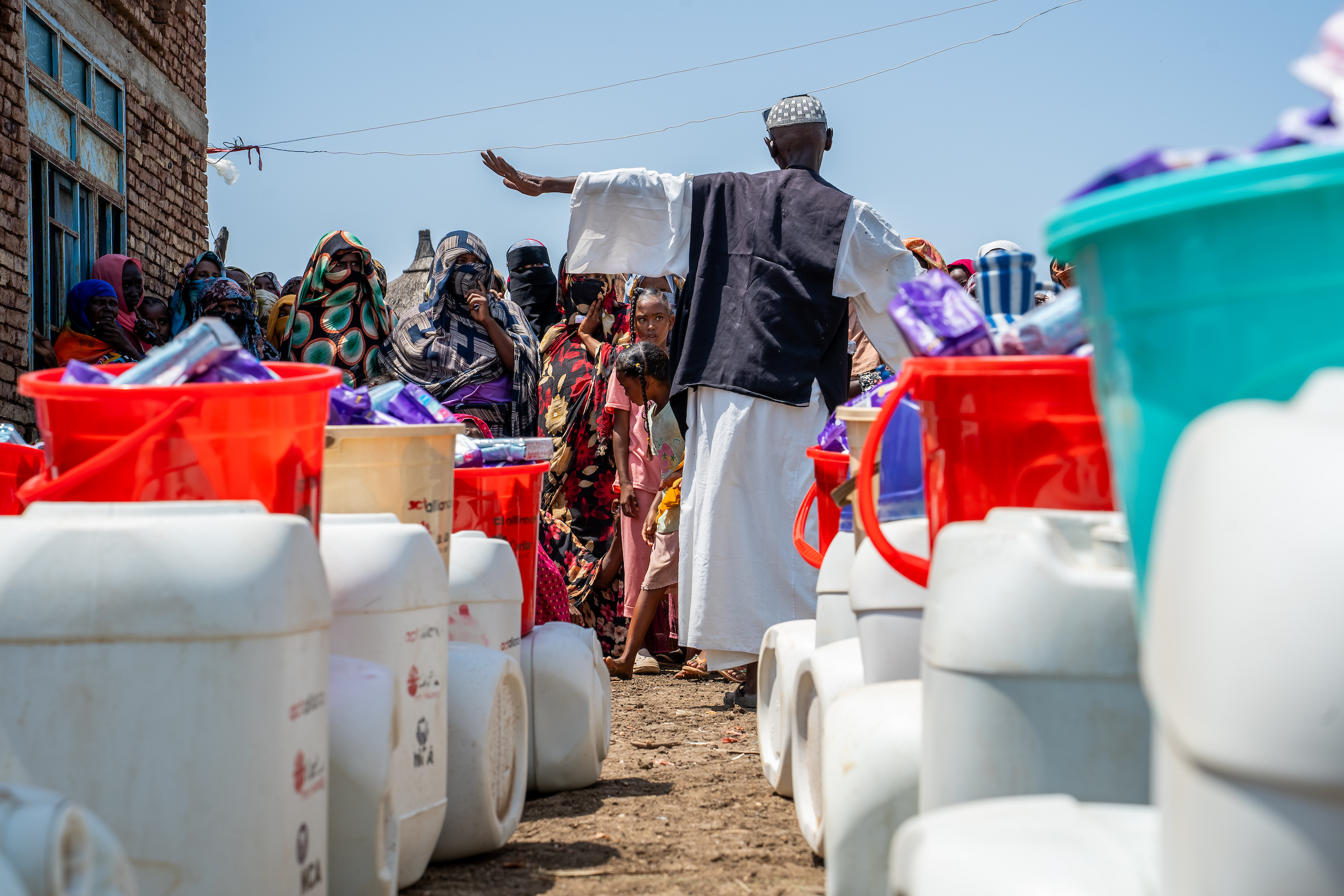The ACT Uganda Forum, in partnership with its national member, Rural Action Community Based Organisation (RACOBAO), is proud to announce the launch of a new report analysing the state of adaptation finance in Uganda. This comprehensive report provides insights into the country’s adaptation finance landscape, revealing significant financing gaps, opportunities for strategic alignment, and practical recommendations to strengthen Uganda’s national climate resilience planning and implementation.
Key findings from the report include:
- Gender disparities in agriculture undermine productivity: Despite women comprising 77% of agricultural workers in Uganda, only 31% own land, contributing to a 13% productivity gap among women farmers. The report recommends that adaptation finance be structured to address these inequalities and enhance women’s adaptive capacity in agriculture.
- A significant adaptation finance gap: Uganda’s updated Nationally Determined Contributions (NDCs) estimate a five-year implementation cost of USD 28.1 billion, with USD 17 billion allocated to adaptation. However, only USD 4.1 billion has been committed for mobilisation domestically.
- Current mobilisation falls short of needs: Between FY2021/22 and mid-FY2023/24, Uganda mobilised USD 717.8 million for adaptation, against the USD 17 billion required by 2030.
- Adaptation finance dominates Uganda’s climate finance however remains low: In FY2024/25, adaptation finance accounted for 57% of the total climate finance mobilised (USD 322.3 million out of USD 552.3 million).
- Carbon markets offer untapped potential: Uganda’s carbon markets are projected to trade up to 5 million metric tonnes of carbon annually, potentially generating USD 100 million per year. The report recommends that revenues from carbon markets be earmarked to finance priority adaptation interventions benefiting vulnerable communities.
- Debt forgiveness and restructuring arrangements such as debt for-nature swaps present a dual opportunity: Debt-for-nature swaps could help Uganda relieve approximately USD 5.3 billion in debt while unlocking climate finance for adaptation efforts.
- High reliance on external finance poses risks: With 85% of Uganda’s NDC implementation costs expected from external sources, the report stresses the urgent need to build sustainable domestic financing mechanisms to reduce vulnerability to fluctuations in international funding, not negating responsibilities of developed countries.
- Stronger tracking systems are critical: The Ministry of Finance is developing a digital climate finance tracking tool expected in FY2025/26. The report calls for this tool to be transparent, interoperable, and capable of disaggregating adaptation finance flows to support evidence-based decision-making.
Private sector investment remains minimal: Only 3.4% of climate finance mobilised between 2019-2020 came from the private sector. The report advocates for policies and financial instruments that de-risk investments and incentivise greater private sector participation in adaptation finance.
“To directly support adaptation action, the Government is currently implementing a Locally Led Adaptation Programme through initiatives like LOCAL and LifeAR. Development partners including Belgium, Denmark, the EU, and Ireland have committed close to USD 40 million annually. This programme reflects our commitment to ensuring adaptation finance reaches the most vulnerable communities through decentralised and inclusive approaches. The Third National Development Plan (NDPIII) and the upcoming NDP IV integrate green growth strategies by enhancing access to clean energy, supporting local green entrepreneurs, and catalysing climate-smart investments - all of which are critical to advancing adaptation outcomes.”Ms. Patriciah Roy Akullo, Representative of The Permanent Secretary and Secretary to the Treasury, Ministry of Finance, Planning and Economic Development (MoFPED).
“The approval of Uganda’s National Green Taxonomy by the government is a timely and strategic step. It provides much-needed clarity and confidence for private sector actors looking to align their investments with national climate goals and invest in adaptation initiatives. With regulation anchored in the Central Bank of Uganda, it signals a strong commitment to enabling responsible, climate-smart financing.”Michael Oloya Aliker Tebere, Kijani Agroforestry.
“Uganda holds much potential to unlock climate finance at scale, and this report points to what needs to be done to attain higher adaptation finance mobilization. In a world mired in various complexities, vulnerable and marginalised communities must be cared for. Bridging the adaptation finance gap in Uganda has to therefore reflect local, grassroot communities’s climate needs and deliver financing that is fair, accessible and adds no undue debt upon them in the context of exploring new financing arrangements.’’Julius Mbatia, ACT Alliance.
“In addressing the climate crisis, the role of faith leaders is indispensable. We have a role in advocacy and moral clarity for accountability because adaptation finance is not charity but justice. It is not a handout but a form of restitution to mother earth and the vulnerable communities. Given our prophetic responsibilities, we shall continue to support this mission through our spaces and structures, amplifying the voices of the most vulnerable, especially women, children and indigenous people whose cries too often go unheard. As a network of compassion and accountability, we will work to mobilize resources and continue advocating for political will in Uganda and beyond towards climate adaptation finance.”Retired Rt Rev Bishop James William Sebaggala
The full report is now available on the ACT Alliance website and serves as a vital resource for policymakers, development partners, and climate finance practitioners committed to enhancing the effectiveness of adaptation finance in Uganda.
Media Contact:
Ms Keziah Kariuki
Senior Global Communications Officer – Climate Justice
Email: keziah.kariuki@actalliance.org
